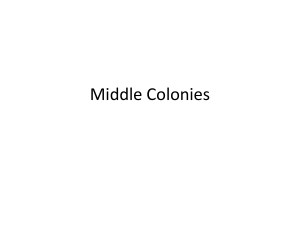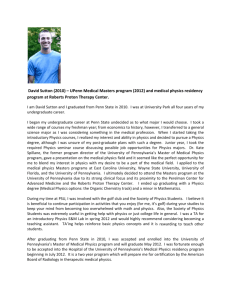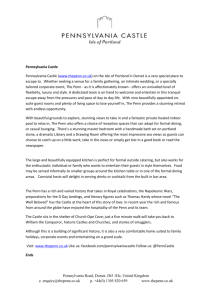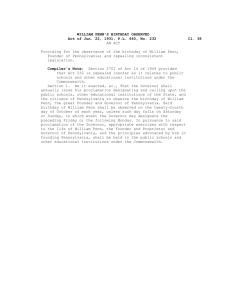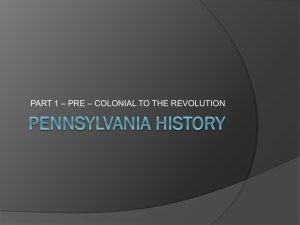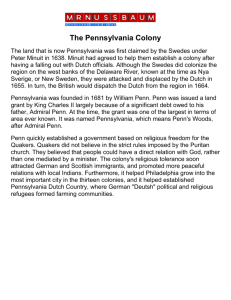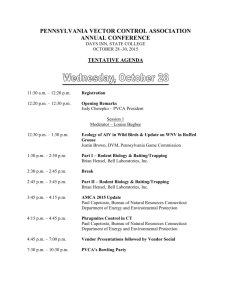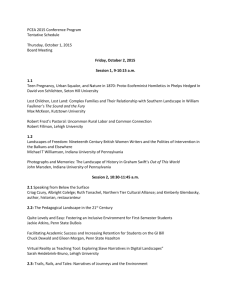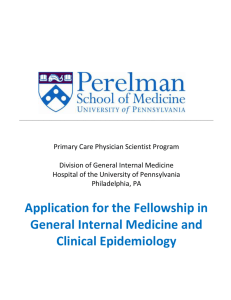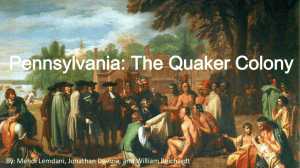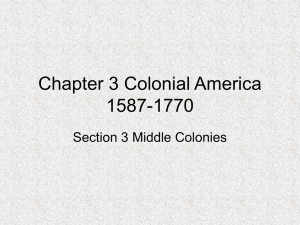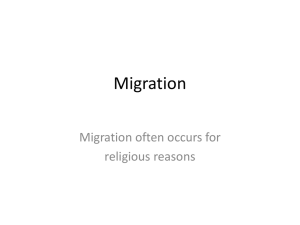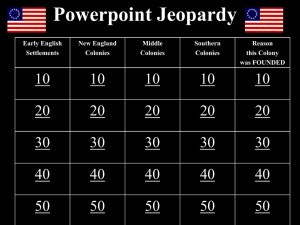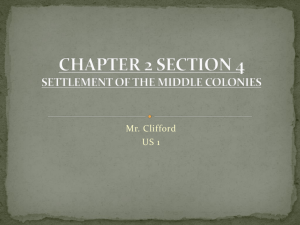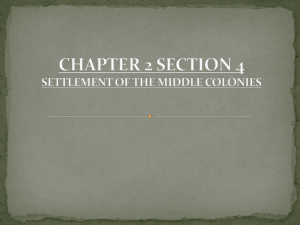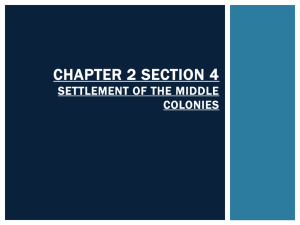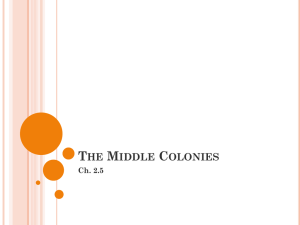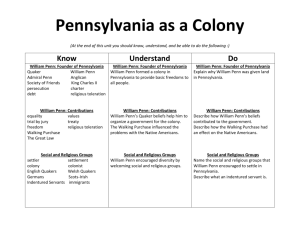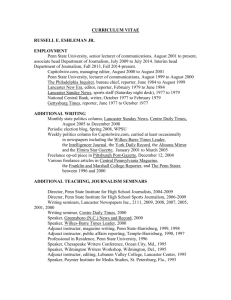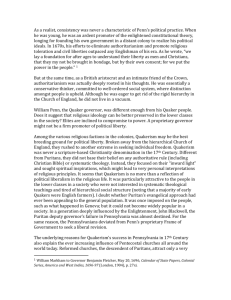William Penn, Pennsylvania Assembly
advertisement
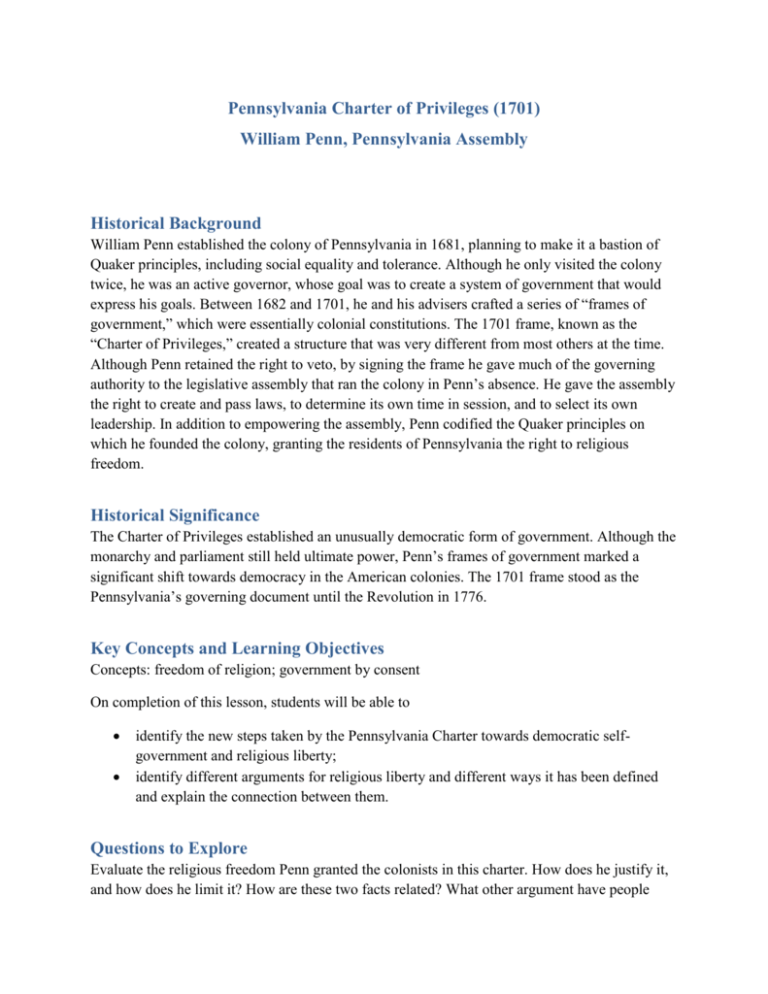
Pennsylvania Charter of Privileges (1701) William Penn, Pennsylvania Assembly Historical Background William Penn established the colony of Pennsylvania in 1681, planning to make it a bastion of Quaker principles, including social equality and tolerance. Although he only visited the colony twice, he was an active governor, whose goal was to create a system of government that would express his goals. Between 1682 and 1701, he and his advisers crafted a series of “frames of government,” which were essentially colonial constitutions. The 1701 frame, known as the “Charter of Privileges,” created a structure that was very different from most others at the time. Although Penn retained the right to veto, by signing the frame he gave much of the governing authority to the legislative assembly that ran the colony in Penn’s absence. He gave the assembly the right to create and pass laws, to determine its own time in session, and to select its own leadership. In addition to empowering the assembly, Penn codified the Quaker principles on which he founded the colony, granting the residents of Pennsylvania the right to religious freedom. Historical Significance The Charter of Privileges established an unusually democratic form of government. Although the monarchy and parliament still held ultimate power, Penn’s frames of government marked a significant shift towards democracy in the American colonies. The 1701 frame stood as the Pennsylvania’s governing document until the Revolution in 1776. Key Concepts and Learning Objectives Concepts: freedom of religion; government by consent On completion of this lesson, students will be able to identify the new steps taken by the Pennsylvania Charter towards democratic selfgovernment and religious liberty; identify different arguments for religious liberty and different ways it has been defined and explain the connection between them. Questions to Explore Evaluate the religious freedom Penn granted the colonists in this charter. How does he justify it, and how does he limit it? How are these two facts related? What other argument have people used to justify religious freedom, and what different limits on that freedom do those arguments imply? What other protections does the charter give the people of Pennsylvania against arbitrary government? Do these protections seem to be adequate? In what ways is the government to be democratic, and in what ways not? After reading the document, who do you believe has more power in governing the colony, William Penn, or the Assembly?
